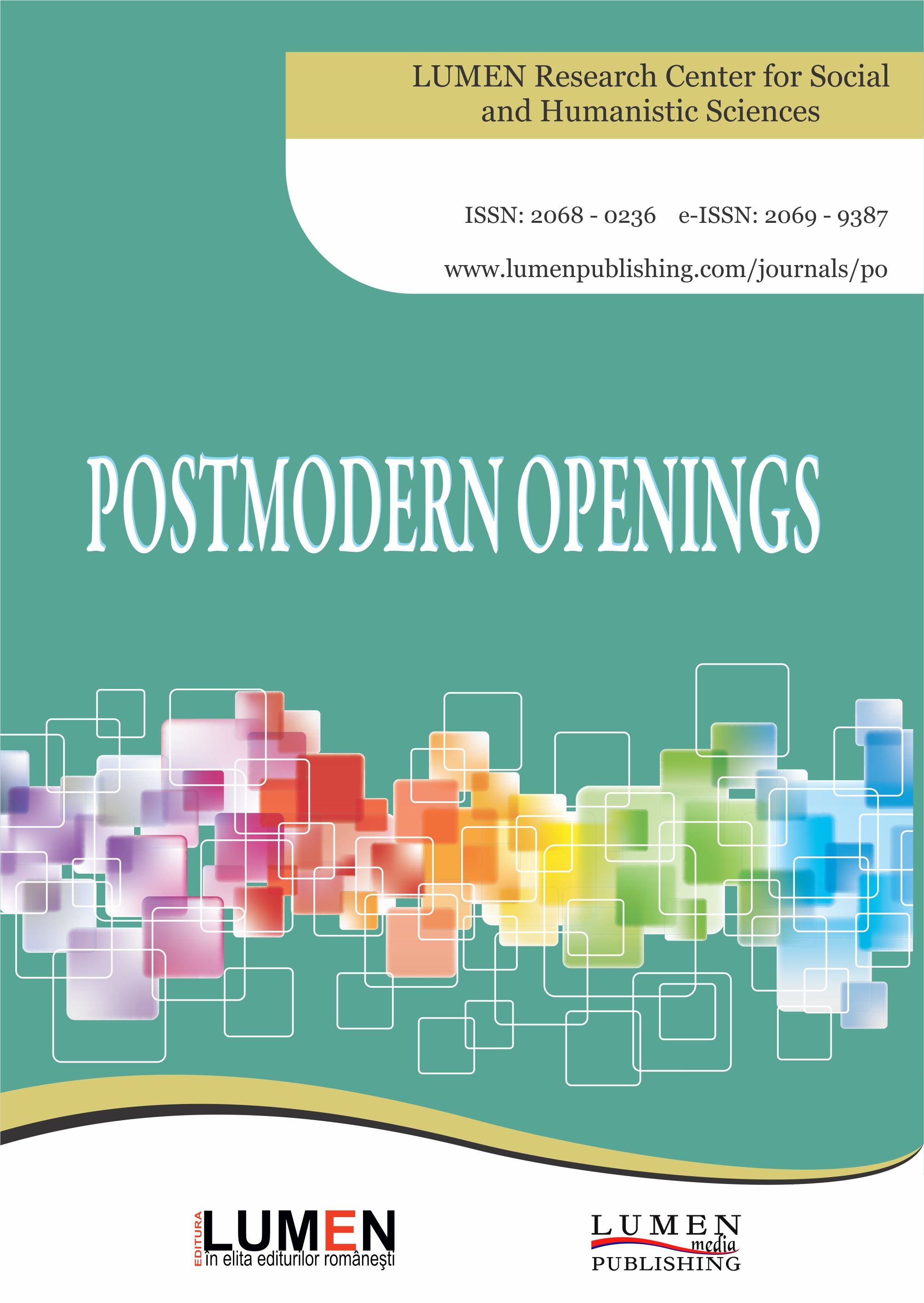Mega-Essay as an Integrated Format in Modern Literature
Mega-Essay as an Integrated Format in Modern Literature
Author(s): Tetiana Shevchenko, Natalia Korobkova, Mariia SliusarenkoSubject(s): Education, Applied Linguistics, Studies of Literature, Comparative Study of Literature, Methodology and research technology, Philology
Published by: Editura Lumen, Asociatia Lumen
Keywords: mega-essay; essay; compilation; cycle; integrated format; mentative; structure; composition; self-presentation;
Summary/Abstract: The article introduces the concept of mega-essay as an integrated format into literary circulation in the era of postmodernism. Its specificity is outlined in other forms of ensemble association of essay works: mega-essay as an integrated formation is a consolidated format, it differs from other forms of essay compilations (collection, cycle) with greater completeness, more thorough basis of design. It has a closed structure, because all its structural components (sections, subsections, framework elements constituting the whole book) are interconnected. They are closely related to the author's intention, outlined in the preface or introduction, concluded on the basis of causal and associative principles. Based on the analyzed works of Ortega y Gasset, O. Zabuzhko’s «Notre Dame dʼUkraine», N. Zborovska’s «My Lesia Ukrainka», etc. conclusions are made about specific features of the mega-essays, in which the phenomenon chosen for comprehension (culture, epoch, turning point of history) is described in detail by incorporating internal and external contexts, authoritative references, other works, and if necessary, with the dominance of the essayistic method of presentation of opinions, related to the personal views of the author. Emphasis is placed on the affinity of ideas and selected essay formats of Ortega y Gasset and O. Zabuzhko, given their content and structural organization. Conclusions are made about the role and significance of essays of this format in postmodern European literature.
Journal: Postmodern Openings
- Issue Year: 13/2022
- Issue No: 3
- Page Range: 358-371
- Page Count: 14
- Language: English

